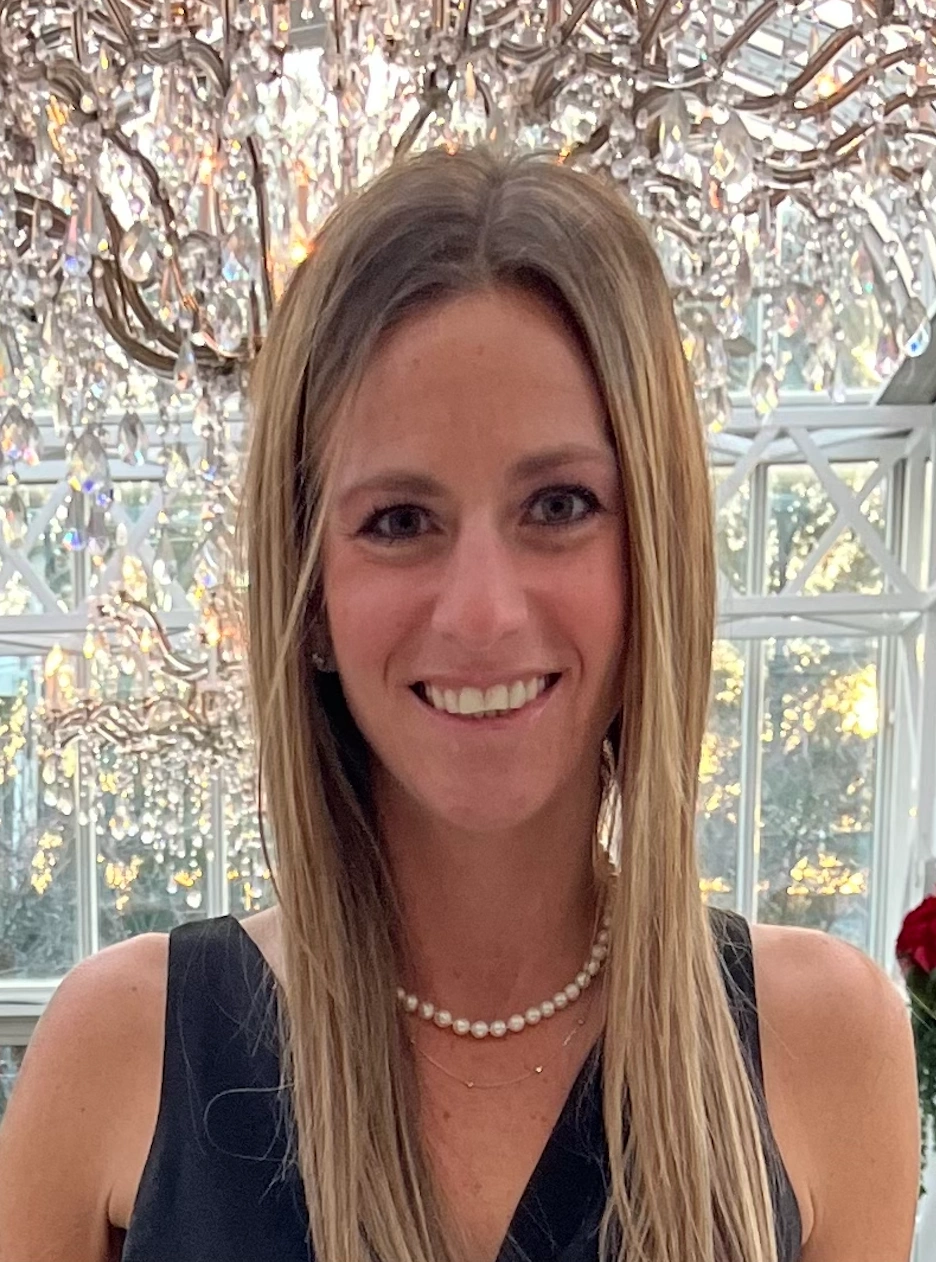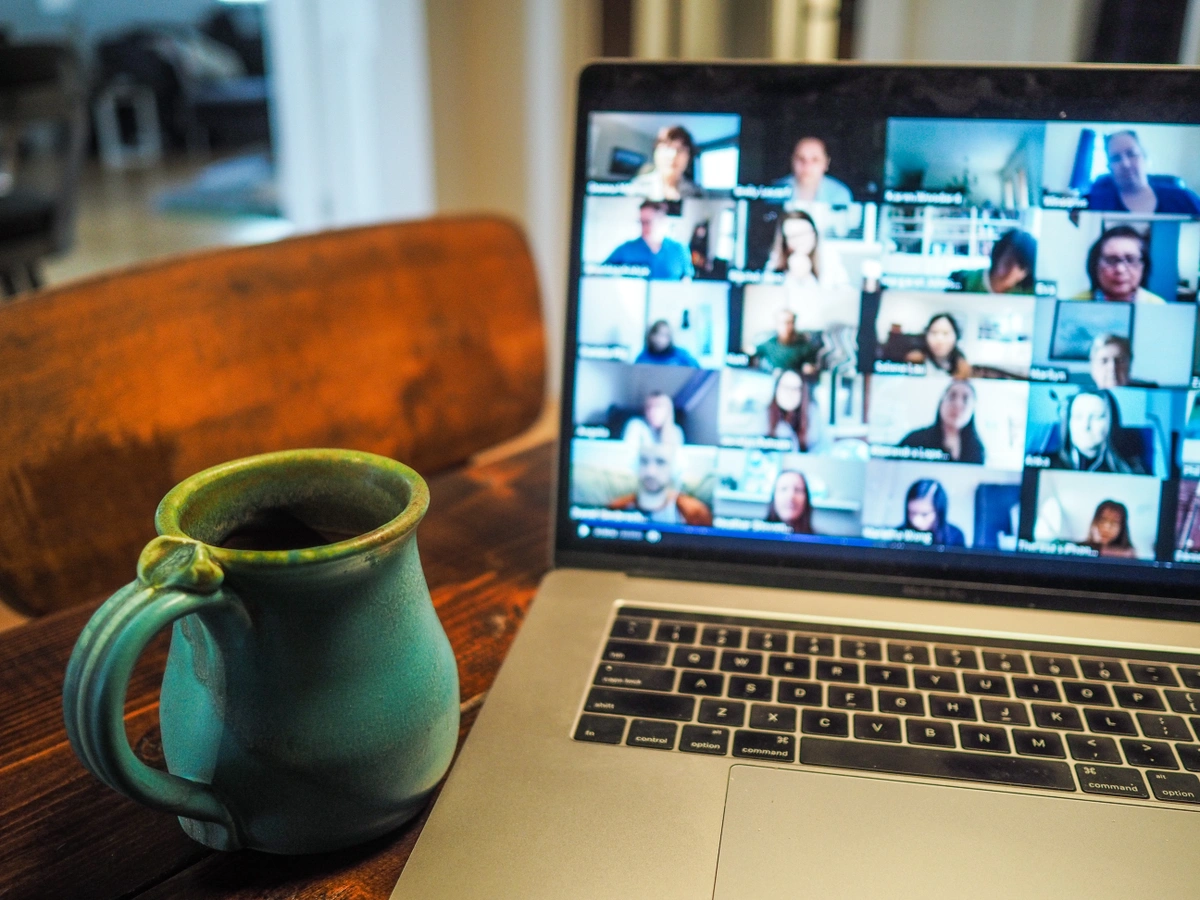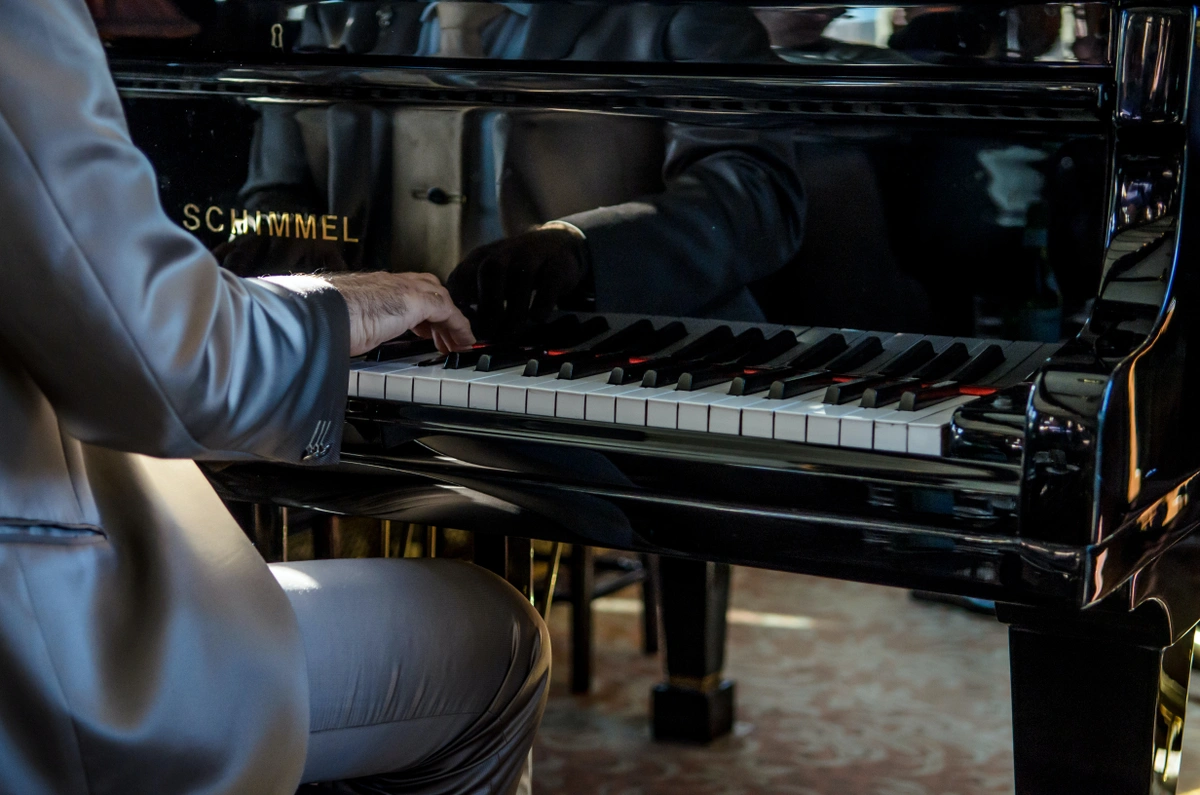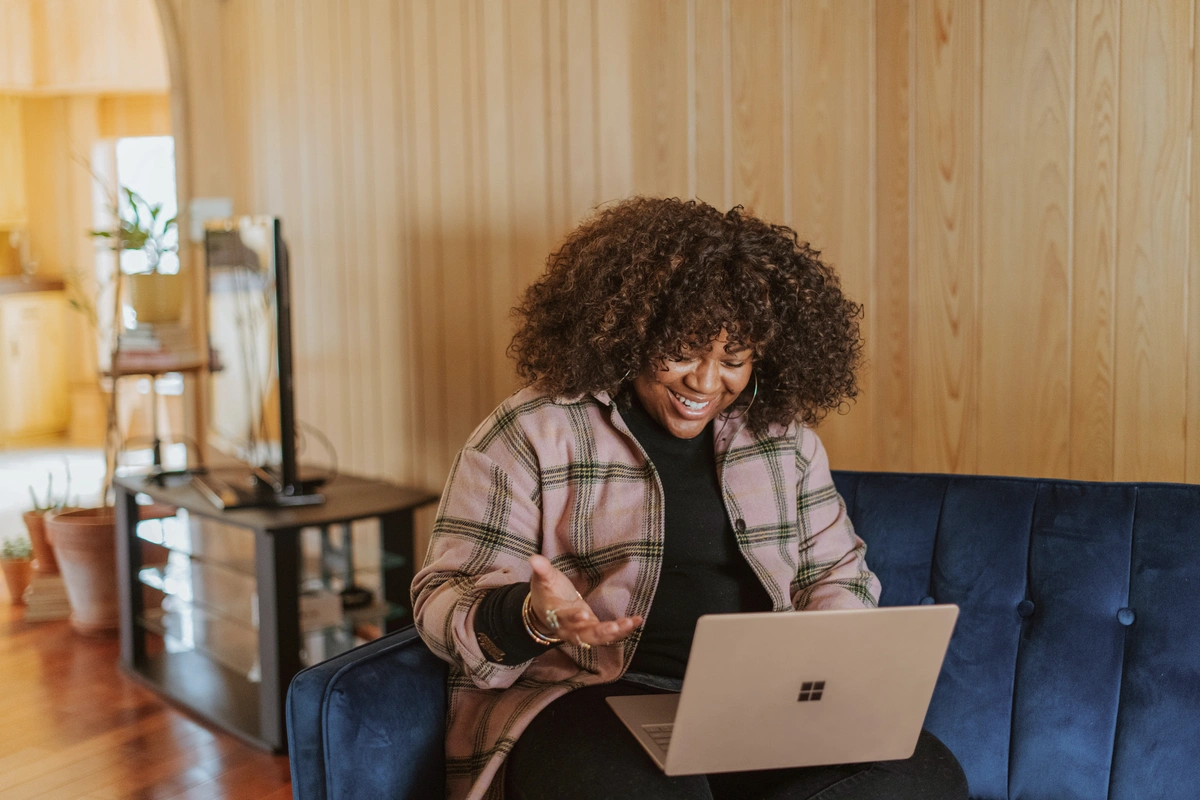Living with Post V Long Haul: How I Manage Cognitive Decline
March 28th, 2024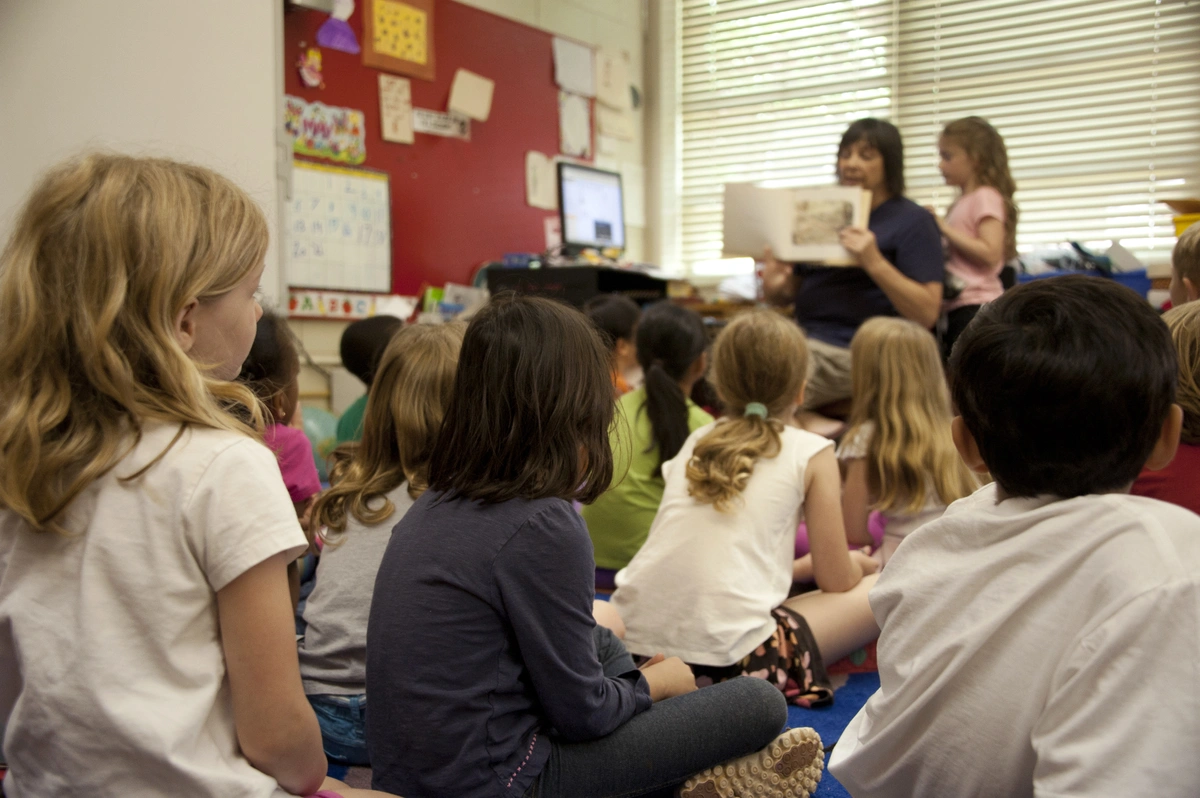
Disclaimer: This Kindred community member article represents the author's opinions and experiences, not Hugo Health Kindred. Please consult with your healthcare provider before trying any treatment.
I started to experience brain fog immediately following my second Moderna COVID vaccination in February of 2021. I’d wake up, and everything seemed normal, but I’m not present. Everything around me is sensory overload, and I can’t focus.
Later on, I developed severe memory issues. I have no short-term memory. I was at a party recently talking to a woman I just met. We talked for a while, and I enjoyed the conversation, but I must have asked her five or six times where she lives. I still don’t know where she lives. Unfortunately, this is a common occurrence for me these days.
Living with cognitive decline has been eye-opening. It feels like dementia if people with dementia knew they had dementia.
In this article, I will share some things that have helped me manage cognitive decline over the last 2 years, including therapies, dietary changes, daily hacks, and more. I have yet to recover fully, but I am doing much better than in 2021. I remain hopeful.
Cognitive rehab for long COVID
When I started cognitive rehab I saw improvement. First, I had a neuropsychological evaluation at New York University (NYU) to assess my brain function. I was put into cognitive rehab from there with a vascular neurologist who was hired to work with people with long-haul COVID.
For 4 months, we met once a week on Zoom for an hour. I wasn’t too hopeful when I started cognitive rehab. I didn’t see how just talking with someone would help with my symptoms.
The neurologist told me I needed to take my feelings into my own hands and listen to my body more than I was doing. In one session, we focused on breath. He told me I wasn’t breathing correctly because my stomach wasn’t expanding. I learned how taking deep breaths can relax my body.
We mainly focused on getting me to do everyday stuff, like the laundry. I couldn’t get myself to do the laundry, so how could I motivate myself to do it? I don’t know how he did it, but I saw improvement within 2 and half months. I was more productive at home.
He’s the one who suggested to me that I start using a notebook to jot things down so I’d remember them. I also got an Apple watch to send myself reminders for things when I needed to do them. Additionally, he suggested I start taking Adderall. I was hesitant to start on any medication, but it did help.
The neurologist told me what my goals were in the beginning. I would read them repeatedly, but I didn’t understand them until later when my brain started to work a little better. When I finished the program, he told me it was my motivation to want to get better and find answers that made me so successful.
A plant-based approach
I was whole food plant-based for about 6 months. I cut out everything that didn’t come from a plant, including bread, sugar, dairy, and processed food. It was very challenging. How many plain vegetables can you eat? It’s not really that filling.
I tried making bread using plant-based recipes. I made cheese, too, using cashews. I’d usually eat salad for lunch, but I had to make my own dressing because they didn’t have anything in the story that the diet would allow. I’d often make cauliflower pasta for dinner, but I’d also have to make something for my husband and kids.
I’d bring seasoning with me to restaurants and just order a plate of steamed vegetables. I’d go to parties and bring food or dressing that I made. It was the best I ever felt, but it was tough. Ultimately, I decided to quit. I figured I didn’t even know what was happening in my body, so I might as well enjoy my life.
Oxygen therapy
Supplemental oxygen has helped me more than anything else. I don’t have trouble breathing, so the oxygen isn't for my lungs. From what I can tell, my lungs haven’t been affected by COVID or the vaccine. The oxygen is for the tissue and red blood cells in my body. When I supplement with oxygen overnight, my brain fog is reduced in the morning. It’s almost completely gone.
I know it works because, the other week, it somehow got disconnected and when I woke up the next day my brain fog was as bad as it was 2 years ago. Another time, my friend wanted to celebrate her birthday by inviting her friends to a workout class. I couldn’t talk to anyone after the class, and I had to be in bed. I thought it would take days to recover, but with the oxygen, I felt pretty OK when I woke up the next morning.
The oxygen goes from my nose to my brain. It took me a long time to accept that I needed oxygen at night because I was embarrassed of what other people might think if they saw. I don’t feel that way anymore, though. I’d rather feel good than be concerned about other people’s opinions of me.
Saying no
I’m learning to say no to things I don’t feel I can do, which helps me clear space in my mind. I’ve learned that I won't get much done if my mind is overflowing with things. I make time for the important things and focus on those things. For me, that’s my kids, my health, and my job.
I’ve been teaching this entire time. Feeling like a normal person who gets up every day and goes to work really helped me get through this experience. It gave me purpose outside of myself.
It comes with plenty of challenges though; I have difficulty keeping up with emails, attending meetings, and making deadlines. Sometimes, I’ll also say the wrong word in class or call a student by the wrong name. I’m used to doing that at home with my kids, but not at work.
I’ve become a bit stricter in class, so I don’t get too overwhelmed. One example is telling my students that I can only talk to one person at a time, so they must wait their turn. In a way, though, I think this has made me a better teacher because I’m more structured. I don’t put up with the drama and nonsense now and set clear expectations of my students. My students grew so much this year academically.
Setting reminders
I keep everything in the same spot every day. Everything has to be exactly where it was, or I'll forget it. When I get a new text or email, I must respond immediately or set a reminder to reply later.
I write lists of tasks I need to complete in my notebook, and when my notebook isn’t handy, I use my phone. I constantly check the lists. I go through all my texts and emails before going to bed to ensure I haven’t missed anything, but sometimes I’ll still forget to respond. When I have a meeting at work, I’ll set a reminder the day before that says, “You have a meeting tomorrow.” Stuff like that.
One helpful thing I did to track my progress for a while was record myself every morning before I work. I’d talk about my challenges and wins. I’d watch a series of videos to see if I had repeated myself, and I often did. It helped me to see where my memory was at the time.
I also learned to accept help from my kids. They’ve seen me on so many bad days. They know mommy is sick and try to help me remember things whenever possible. They’re very loving kids.
The gist
To those living with vaccine injury or long COVID, I wish I could tell you how to improve, but I can’t. What I can tell you is that you’re not alone.
I know it’s very challenging to feel optimistic sometimes. I understand that many people feel strongly that the vaccine saved their lives. For me personally, though, I feel like it's ruined mine.
I’ve lost a lot of friends over the last few years over the politics of it all, but I’ve also gained friends through support groups and networks like Kindred. These connections prompted me to advocate for myself and seek care.
I’ve seen many providers who dismissed me and made me feel like it was all in my head. I used to think healthcare professionals knew it all, but now I understand that nobody knows what’s happening in your body better than you.
Two years later, I’m far from a full recovery, but I maintain hope that it’s possible. I’ll always be hopeful.
Written by Talia Aroshas, as told by Jaime Gluckman.
About the author
I live in New York and work as an elementary school teacher. I’m a wife and mother of two young girls.
I enjoy spending time with family and friends when I'm not teaching.
Before my vaccine injury, I loved filling my house with friends and family. I also enjoyed long bike rides, walks, hikes, playing outside, and adventures. You can read more about my journey with vaccine injury here.
Article resources:
-
Marzanski M. On telling the truth to patients with dementia. West J Med. 2000;173(5):318-323.
-
The need for supplemental oxygen. (n.d.) UCSF Health.
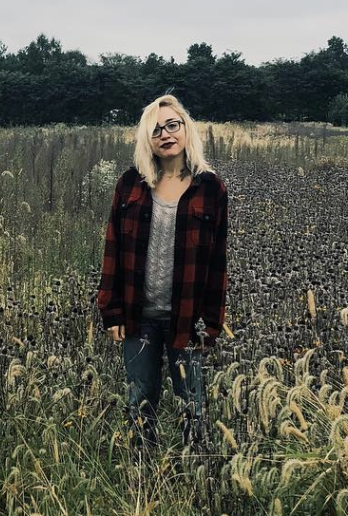
Talia Aroshas
Kindred Content and Community Manager
I’ve been working in health content as an editor since 2017. It's an honor to be able to provide people with resources that empower them to take an active role in their health journey. I believe in the body’s incredible ability to heal when given the necessary tools and presented with the appropriate environment. I’m thrilled to be on the Kindred team and to work with such a dedicated, passionate community.
